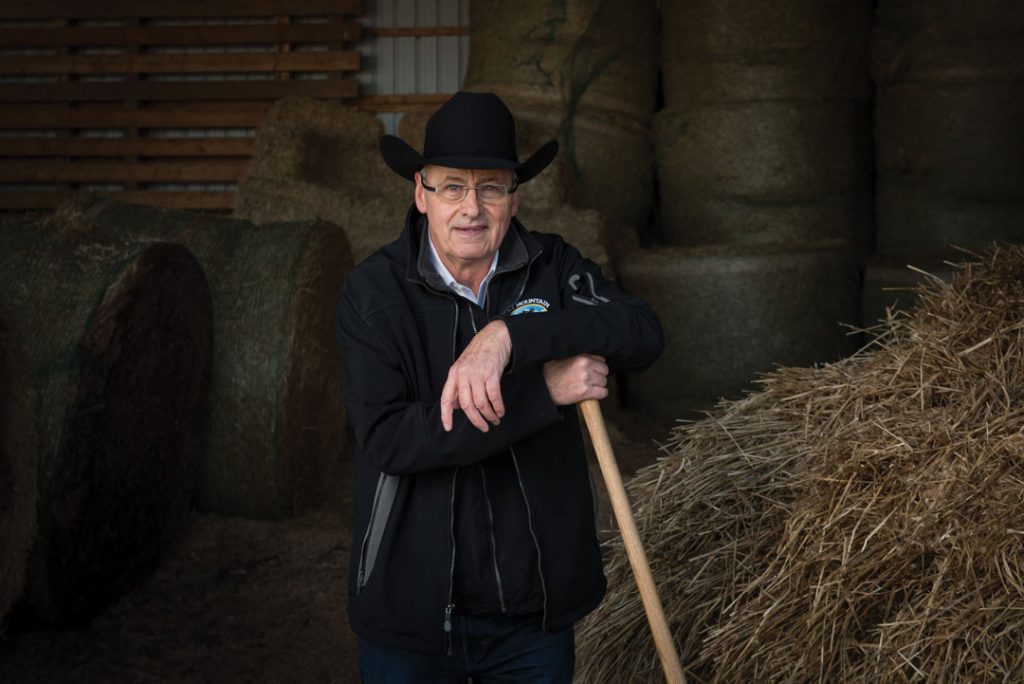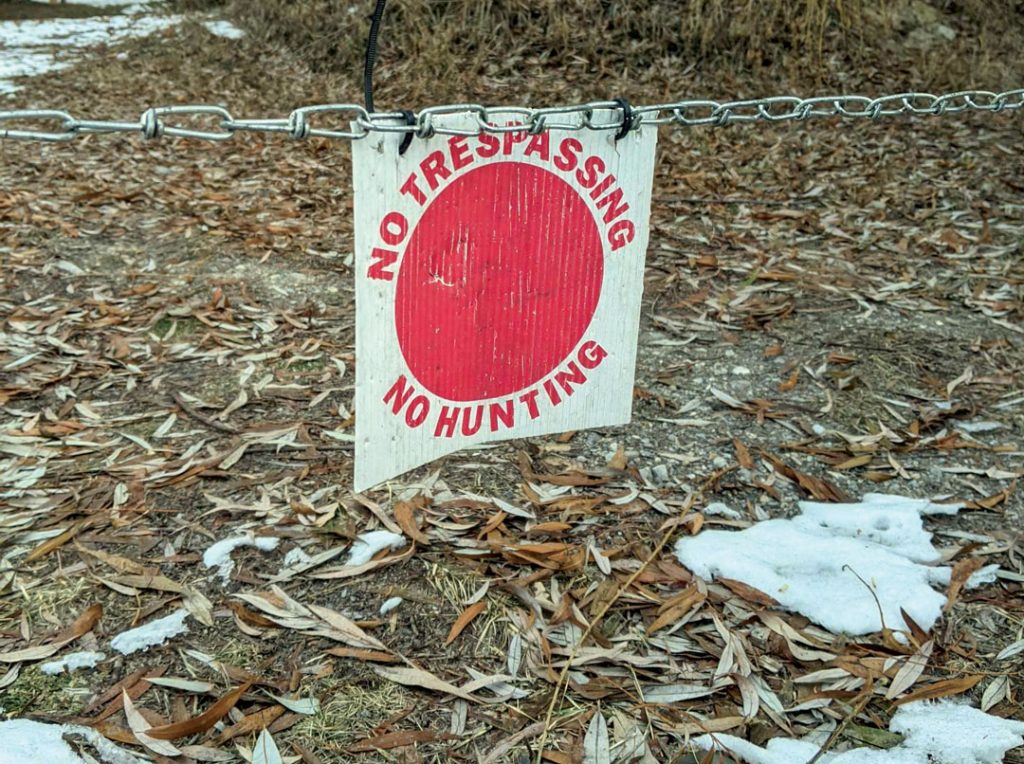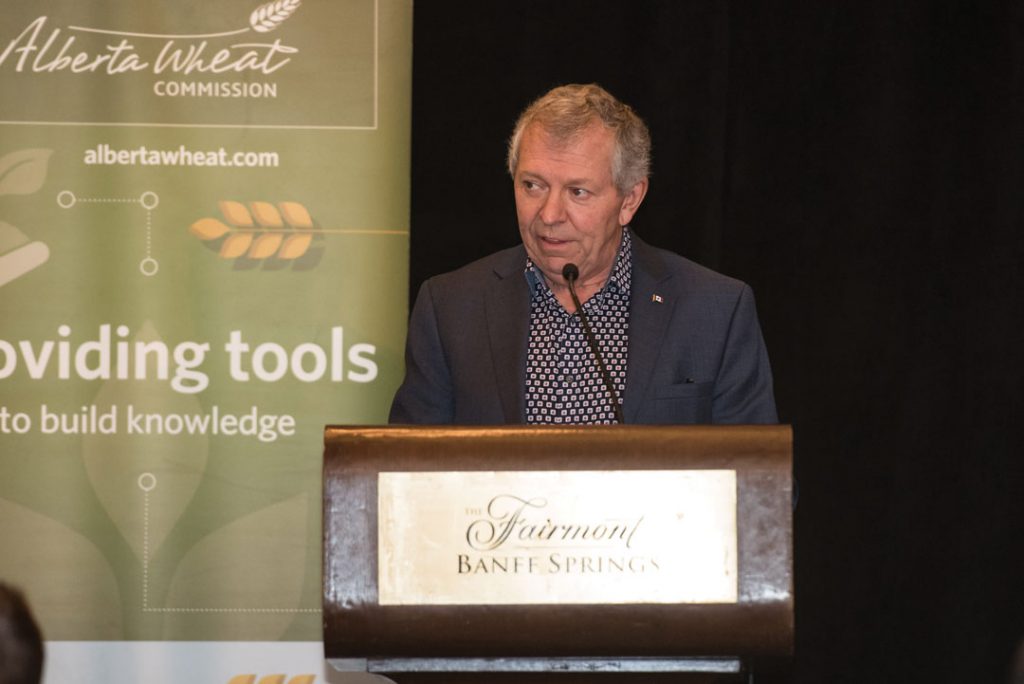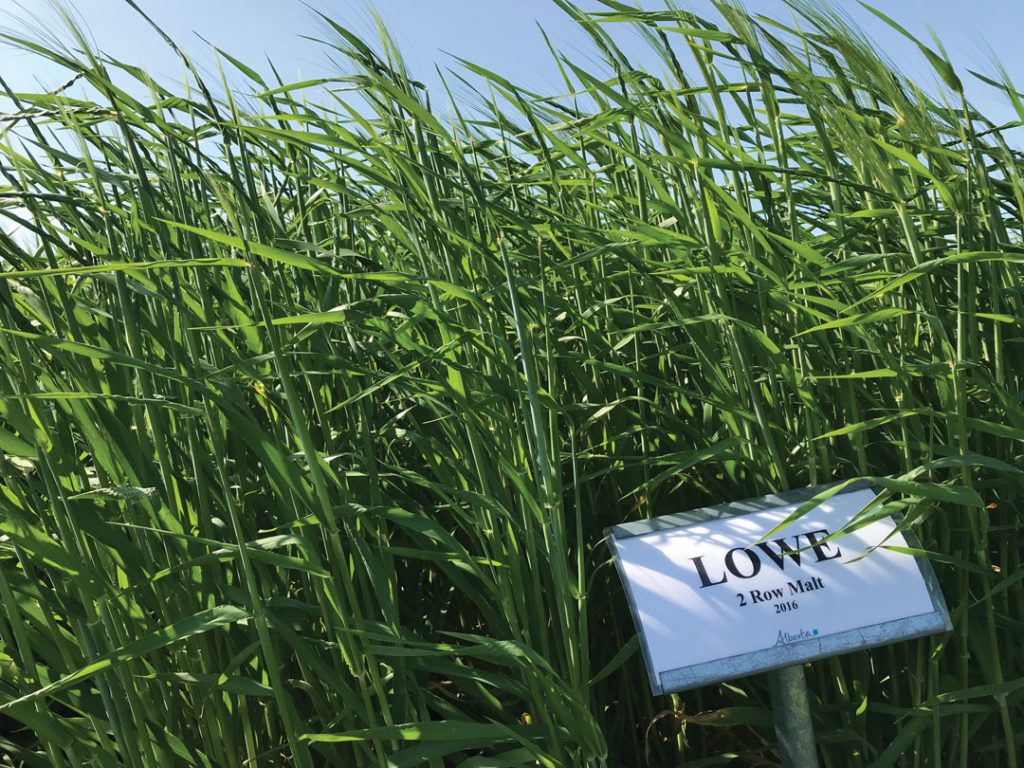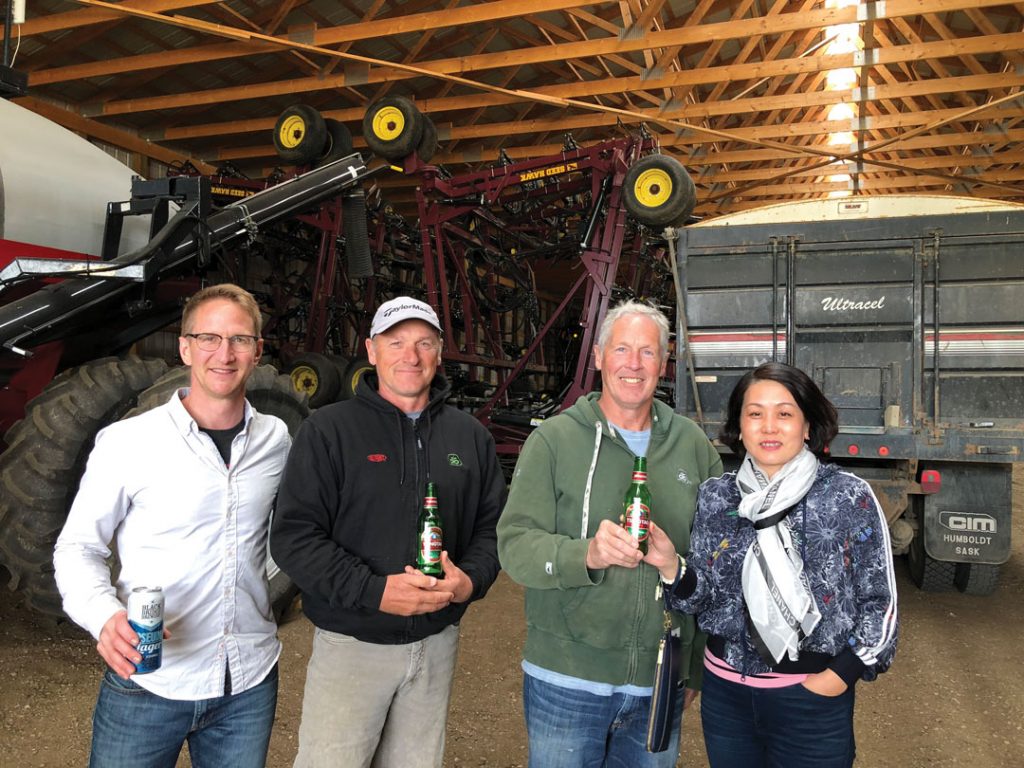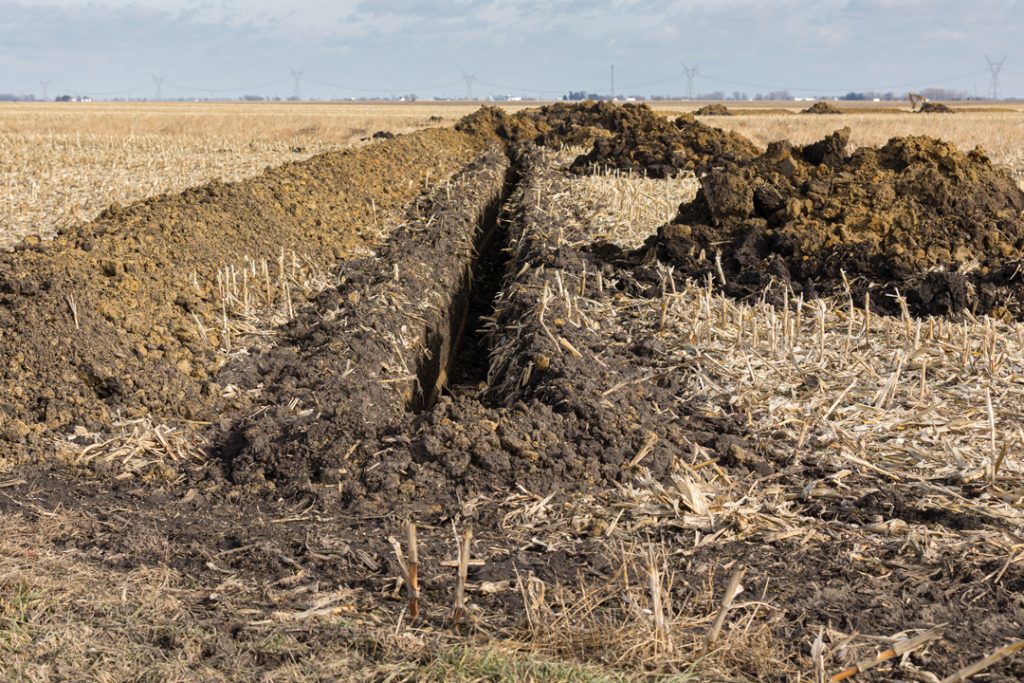GENETIC RICHES REVEALED
Launched by the Wheat Initiative, an international research organization, the 10+ Wheat Genome Project has unlocked the genetic code of 15 wheat varieties. Curtis Pozniak, USask professor and director of the institution’s Crop Development Centre, led the project, which was funded by numerous organizations including the Alberta Wheat Commission and carried out by scientists in several countries.





